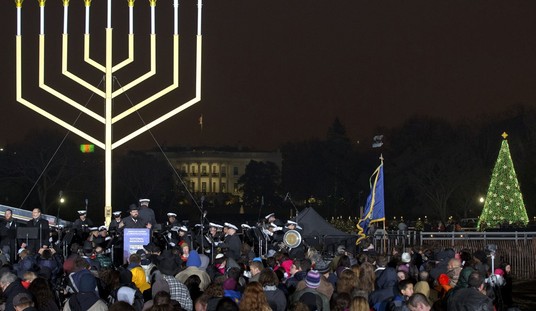
The Supreme Court is winding down its 2017-2018 term and this past week they released two opinions, one of which was one of those under-the-radar types that got some buzz in legal circles, but not elsewhere. However, it is an important decision for reasons that will be shortly explained. Next week is a short week for SCOTUS given the Memorial Day holiday. They will convene on Tuesday when more opinions are expected.
Much has been made of the slow pace of decisions this term. For instance, we are still waiting on decisions from cases argued in October through December. Normally, these would have been decided by now. In the Gill case out of Wisconsin which involves gerrymandering, this is somewhat expected as the Court has heard other cases later in the term regarding this issue. It is possible that they are going to announce decisions in these gerrymandering cases together. The other is the Masterpiece Bake Shop (or gay wedding cake) case where the alleged civil rights of gays runs headlong into religious beliefs. If it involves religion, it is always contentious and give-and-take between Justices may be driving the delay in this case.
Usually, one can tell where a case is headed by the decisions already announced from oral arguments in any given month and who wrote those decisions. Masterpiece was argued in December. Of the ten cases argued in December, eight have been decided. Since Roberts likes to distribute the majority decision caseload and since neither Roberts nor Kennedy have written an opinion from December, one of those two will likely author the Masterpiece decision. The other case is a Fourth Amendment case. Therefore, it is anyone’s guess who will author the Masterpiece decision and where it will fall, although from an analysis of oral argument, it will likely be a nuanced 5-4 decision.
But enough about speculation. This past week, the Court handed down two decisions, the most of important of which was Epic Systems vs. Lewis, in a 5-4 decision which sided with employers. This was actually three cases merged into one, all with similar facts. Claiming violations of the Fair Labor Standards Act, aggrieved parties sought restitution for themselves and others similarly situated in a class action. In all cases, the employers argued that arbitration clauses in contracts foreclosed class actions. The NLRB and Seventh Circuit disagreed with the employers who then took the case to the Supreme Court.
Writing for the majority, Justice Neil Gorsuch reversed the Seventh Circuit arguing that the Federal Arbitration Act takes priority over the FLSA and labor laws. Citing a series of precedents, he outlined the Court’s preference for arbitration procedures rather than a judicial forum to handle employee-employer disputes IF the basis for employment specified arbitration. The employee’s argument was that such clauses violated the FLSA’s “right to engage in collective activity for mutual aid and protection.” Gorsuch and the majority reasoned that this clause referred to union organizing and collective bargaining efforts, not individual complaints of violations.
Gorsuch refused to wade into the controversy over whether preferring arbitration was a good policy decision and instead relied on statutory interpretation and Supreme Court precedent. In other words, he ruled on the law as it stood and even noted that Congress could change the dynamics through legislation.
On the contrary, Justice Ginsburg writing for the dissent, argued the exact opposite by suggesting that employers would now run roughshod over employees. Obviously, individuals in arbitration stand a lower chance of prevailing than would a group of employees collectively. Ironically, Ginsburg’s dissent- which was actually longer than Gorsuch’s majority opinion- did not address the fact that Congress may amend the National Labor Relations Act to specifically supercede the Arbitration Act in labor relations. The fact they did not when the NLRA was passed tens years after the FAA, Gorsuch contends, lends further proof that the FAA takes precedence here.
This decision will no doubt be portrayed as a blow against employee rights and the Court will be accused of being pro-big business. However, this case is akin to the Ledbetter case a few years ago and the correction then- Congressional action and legislation- is the correct method today if Congress has the will.













Join the conversation as a VIP Member